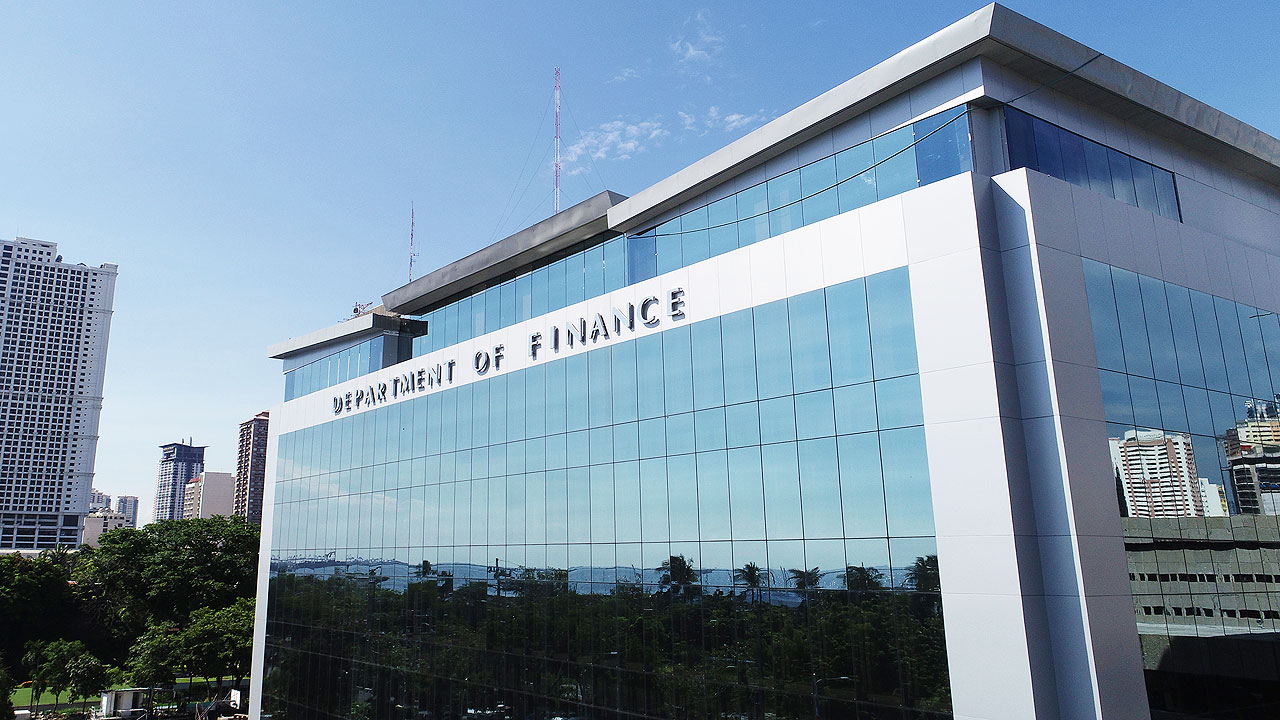
Gov’t set to allow unsolicited bids for state assets — DoF

THE Department of Finance’s (DoF) Privatization and Management Office (PMO) will release next month new guidelines allowing for the submission of unsolicited bids for state assets.
“We are looking to publish the privatization guidelines. It has been approved. Only the actual publication is left. Our publication in the Official Gazette has been moved by another month,” Finance Undersecretary Catherine L. Fong told reporters at a briefing on Jan. 16.
The Privatization Council (PrC) approved the Guidelines on the Privatization and Disposition of Government Assets on Sept. 6 last year. The rules, which seek to institutionalize the PrC’s policies and decisions over the years, will be published in newspapers by next month.
Ms. Fong said among the key revisions is allowing unsolicited offers for assets in the PMO’s database. She noted 28,000 titles in the PMO database are small assets of about 200 square meters, which can be accessible to “ordinary Filipinos.”
“This is an innovation — the first time allowing unsolicited proposals,” Finance Secretary Ralph G. Recto said.
Aside from unsolicited proposals, the new guidelines will also allow negotiated sales and direct purchases by present occupants of the residential properties, and the accreditation of real estate brokers to assist in the sale of properties.
This will help the government meet its P101.01-billion privatization revenue goal for this year, which is more than double the P42.12-billion target in 2024.
PMO is the marketing arm of the government concerning transferred assets, government corporations, and other properties assigned to it by the PrC.
Ms. Fong said unsolicited proposals will be published and can be subject to a challenge, similar to public-private partnership (PPP) projects.
Most of the assets are located in the province. She said the PMO is exploring options that would allow more Filipinos to purchase their own homes.
“The Land Bank of the Philippines is also interested in joining. They want to have a fire sale with their repossessed assets. There are a lot of government assets that are too small,” Ms. Fong said.
Meanwhile, the government also hopes to dispose of idle assets that require high maintenance costs and face legal challenges.
According to DoF data, P4.4 billion was collected from the PMO disposition efforts in 2024, “with proceeds coming from the litigated assets, income from leases and dividend income.” This was significantly higher than P1.94 billion in 2023.
Among the assets to be sold are the Caliraya-Botocan-Kalayaan (CBK) hydroelectric power plant complex, which has a minimum valuation of $300 million.
It will be auctioned off in April by the Power Sector Assets and Liabilities Management Corp. (PSALM). CBK has a 25-year build-rehabilitate-operate-transfer contract with state-owned National Power Corp. that will expire in 2026.
Mr. Recto said this could reach $1 billion if it becomes a part of the green energy auction. The DoF is working with the Department of Energy to increase the value of the assets.
The DoF is also planning to sell the property where the amusement park Star City is located in Pasay City.
“We want to sell Star City, but it is tied to Sukuk bonds. We have to balance the Treasury’s need for assets for Sukuk bonds, which is not easy to replace because it requires leasing, not just any property,” Ms. Fong said.
Star City is owned by Star Parks Corp., a subsidiary of Elizalde Holdings Corp. It is under a lease agreement with Philippine International Corp., which will expire in 2026.
If replacement is an option, Ms. Fong said the PMO will choose an asset without a lease, but it has to match the P15-billion zonal value of the Star City property.
Filomeno S. Sta. Ana III, cofounder and coordinator of Action for Economic Reforms said the government’s reliance on privatization is “a lazy way of raising revenues.”
It is a “one-off source of revenues and thus unsustainable,” he said.
Instead, the DoF should raise more “efficient” taxes.
“A good example of an efficient tax is the excise tax on harmful products like tobacco, vape/e-cigarette, alcohol, soda and ultra processed foods.” he said.
Mr. Sta. Ana said that the overall revenue collection is getting a boost from nontax revenue, including the fund transfers by the Philippine Health Insurance Corp., Philippine Deposit Insurance Corp. and other state-run agencies. These fund transfers are now being challenged in the Supreme Court.
Meanwhile, the DoF said around P23.94 billion in private capital through PPP projects is expected to be mobilized in 2025.
It noted that 97 PPP projects were added to the pipeline after the PPP Code was signed into law in December 2023. The implementing rules and regulations took effect on April 6, 2024.
These PPP projects include the Cavite Bus Rapid Transit System, School Infrastructure Project Phase III, and the Department of Education-Senate Teacher’s City. — Aubrey Rose A. Inosante


